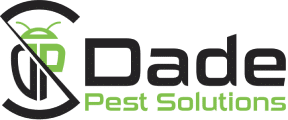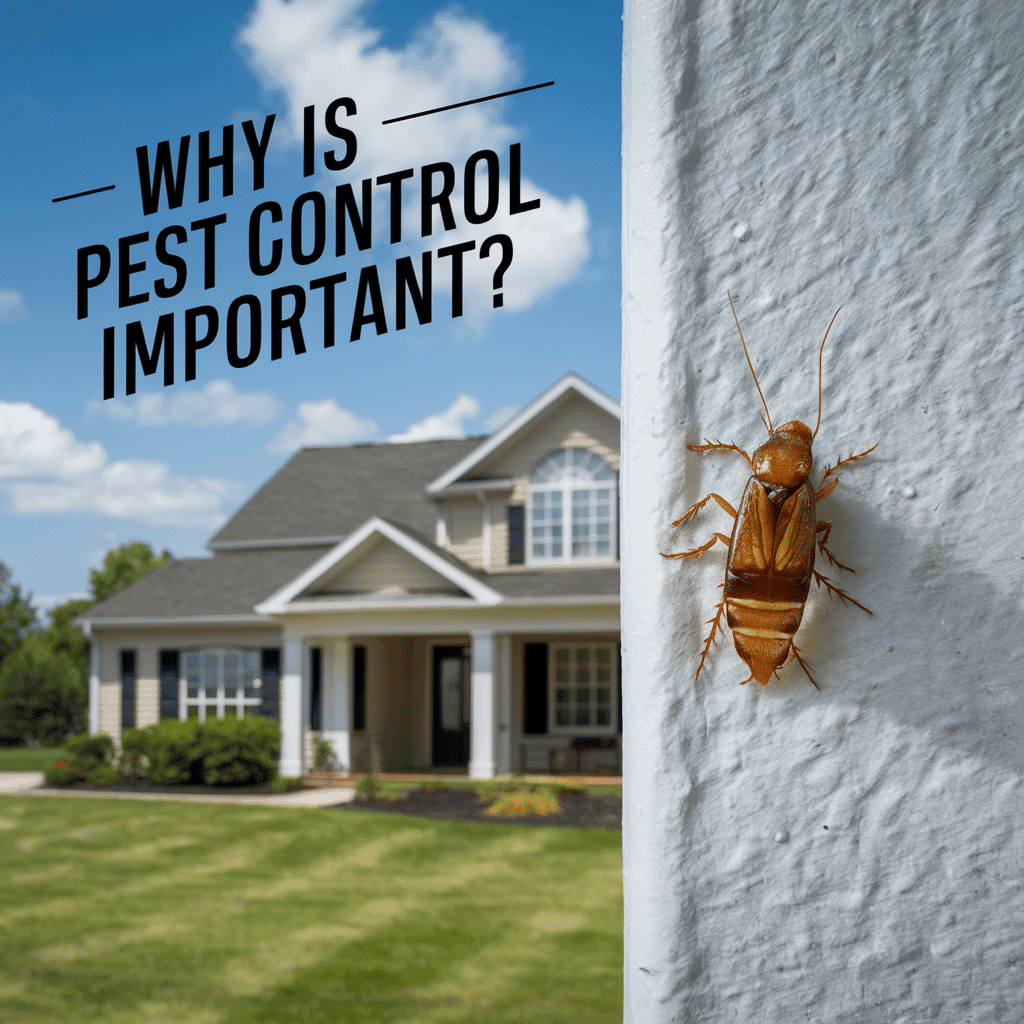Why Pest Control is Important in South Florida
Pest control is a critical aspect of maintaining a healthy, safe, and comfortable living environment. Whether you are a homeowner or a business owner, understanding the importance of pest control can help you take proactive measures to protect your property and health. In this blog post, we will explore the various reasons why pest control is essential, the types of pests that commonly invade homes and businesses, and the benefits of professional pest control services.
Health Risks Associated with Pests
One of the most compelling reasons to invest in pest control is the health risks posed by various pests. Pests such as rodents, insects, and other animals can carry and spread diseases, contaminate food sources, and create an environment of fear and distress. Here are some of the health risks associated with common pests:
- Mosquitoes: Known for spreading diseases like malaria, dengue fever, Zika virus, and West Nile virus, mosquitoes are a significant health threat.
- Cockroaches: These pests can cause asthma and allergic reactions in some individuals. They also carry bacteria that can contaminate food and surfaces.
- Rodents: Rats and mice can spread diseases such as hantavirus, salmonellosis, and leptospirosis. They can also contaminate food and water sources with their droppings and urine.
- Fleas and Ticks: These pests can transmit diseases like Lyme disease and Rocky Mountain spotted fever, posing a risk to both humans and pets.
Property Damage Caused by Pests
Pests can cause significant damage to buildings, furniture, and other property. This damage can be costly to repair and may compromise the structural integrity of your home or business. Here are some examples of property damage caused by pests:
- Termites: These insects feed on wood, causing extensive damage to wooden structures and furniture. If left unchecked, termites can weaken the structural integrity of a building, leading to costly repairs.
- Rodents: Rats and mice can chew through electrical wires, insulation, and wooden structures. This not only causes damage but also increases the risk of electrical fires.
- Carpenter Ants: Similar to termites, carpenter ants can cause damage to wooden structures by hollowing out wood to create their nests.
Economic Impact of Pest Infestations
Pest infestations can have a significant economic impact, both in terms of property damage and lost revenue. For businesses, pest infestations can lead to loss of customers, negative reviews, and damage to reputation. Here are some ways pests can affect businesses:
- Food Industry: Restaurants, food processing plants, and grocery stores are particularly vulnerable to pest infestations. Pests can contaminate food products, leading to foodborne illnesses and costly recalls.
- Hospitality Industry: Hotels and motels can suffer from negative reviews and loss of business if guests encounter pests such as bed bugs or rodents.
- Retail Stores: Pests can damage merchandise and create an unpleasant shopping experience for customers, leading to decreased sales and revenue.
Food Safety and Contamination
Pests can contaminate food sources, making them unsafe for consumption. This is particularly concerning in homes with children, elderly individuals, or those with compromised immune systems. Here are some ways pests can contaminate food:
- Cockroaches: These pests carry bacteria on their bodies and spread them to food and surfaces they come into contact with.
- Rodents: Rats and mice can contaminate food with their droppings, urine, and fur. They can also chew through packaging, making food vulnerable to contamination.
- Insects: Pests like ants and flies can spread bacteria and other contaminants to food, posing a risk of foodborne illnesses.
Types of Pests and Their Control Methods
There are many different types of pests that can invade homes and businesses. Understanding the specific threats posed by each type of pest can help you develop an effective pest control plan. Here are some common types of pests and their control methods:
- Insects: This category includes ants, termites, bed bugs, fleas, mosquitoes, and many others. Control methods may include chemical treatments, traps, and exclusion techniques.
- Rodents: This category includes mice, rats, squirrels, and other small mammals. Control methods may include traps, bait stations, and exclusion techniques.
- Birds: This category includes pigeons, seagulls, and other birds that can cause damage to buildings and property. Control methods may include netting, spikes, and other exclusion techniques.
- Wildlife: This category includes animals such as raccoons, skunks, and possums, which can cause damage to homes and property. Control methods may include traps, exclusion techniques, and habitat modification.
Benefits of Professional Pest Control Services
While DIY pest control methods can be effective for minor infestations, professional pest control services offer several advantages. Here are some benefits of hiring a professional pest control company:
- Expertise and Knowledge: Professional pest control technicians have the knowledge and experience to identify and treat various types of pests effectively. They can also provide recommendations for preventing future infestations.
- Safe and Effective Treatments: Professional pest control companies use safe and effective treatments that are tailored to the specific pest problem. They also follow safety guidelines and regulations to protect your health and property.
- Long-Term Solutions: Professional pest control services often include ongoing monitoring and maintenance to ensure that pests do not return. This can provide peace of mind and protect your property in the long term.
- Cost Savings: While professional pest control services may have an upfront cost, they can save you money in the long run by preventing costly damage and infestations. DIY methods may not be as effective and can lead to recurring pest problems.
Integrated Pest Management (IPM)
Integrated Pest Management (IPM) is a holistic approach to pest control that combines different methods to achieve the best results. IPM focuses on prevention, monitoring, and control, using a combination of biological, cultural, physical, and chemical methods. Here are the key components of IPM:
- Prevention: This involves taking steps to prevent pests from entering your home or business in the first place. This may include sealing entry points, removing food and water sources, and maintaining a clean environment.
- Monitoring: Regular monitoring helps to identify pest problems early and take action before they become severe. This may include using traps, visual inspections, and other monitoring tools.
- Control: When pests are detected, IPM uses a combination of control methods to manage the infestation. This may include biological controls (e.g., natural predators), physical controls (e.g., traps and barriers), and chemical controls (e.g., pesticides).
Conclusion
Pest control is an essential aspect of maintaining a healthy, safe, and comfortable living environment. Pests can pose significant health risks, cause property damage, and have a substantial economic impact. By understanding the importance of pest control and investing in professional pest control services, you can protect your home or business from the harmful effects of pests. Whether you are dealing with a minor pest problem or a major infestation, it is important to work with a professional pest control company to ensure that the problem is properly addressed. With the right tools and techniques, it is possible to keep pests at bay and maintain a healthy, happy living environment for years to come. For more information on pest control services and to schedule an inspection, contact Dade Pest Solutions today. Our team of experienced professionals is dedicated to providing effective and reliable pest control solutions for your home or business.

17 Years of Pest Control Experience Founder and Owner of Dade Pest Solutions Proud Resident of South Florida
Shaun Judy, a dedicated South Florida native, is the founder and driving force behind Dade Pest Solutions. With over 17 years of hands-on experience in the pest control industry, Shaun has built a reputation for reliability, results, and real local knowledge. His journey began with a deep commitment to protecting homes from pests using proven methods and innovative solutions. Raised with a strong work ethic and a passion for service, Shaun treats every property as if it were his own—delivering expert care with a personal touch.

